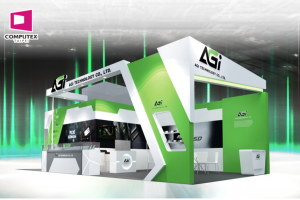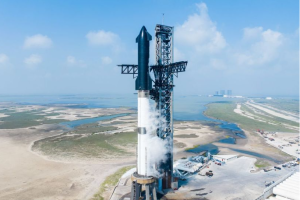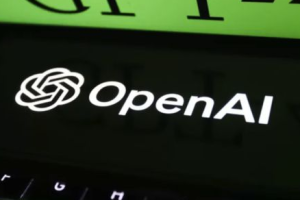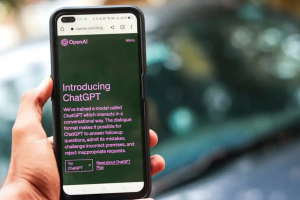Hyundai has begun producing electric vehicles at its Alabama factory in response to the US government’s new EV subsidy plan. The scheme limits a $7,500 purchase rebate to EVs made in North America, making Hyundai, which had no US-made EVs, ineligible.
However, the automaker has now started assembling the electric version of its Genesis GV70 SUV at the factory in Alabama, according to reports. The GV70 is the first EV produced by Hyundai and its independent operation, Genesis, at the Alabama plant.

The move is expected to make the GV70 eligible for the US government’s subsidy program and make it more attractive to buyers by lowering the overall cost.
This is a significant step by Hyundai to address the challenges posed by the new EV subsidy plan and attract more buyers. It is also the automaker’s second important move to produce EVs in the US, following the construction of an EV and battery plant in Georgia.
The Georgia plant, which is expected to begin production in the first half of 2025, is a $5.54 billion investment that will have an annual production capacity of 300,000 vehicles. The new plant is also part of Hyundai’s efforts to address the challenges posed by the new EV subsidy plan and expand its EV production globally.
In conclusion, Hyundai has taken significant steps to produce EVs in the US and respond to the challenges posed by the new EV subsidy plan. By producing its first US-made EV, the GV70, at its Alabama plant, Hyundai can now offer buyers a more attractive price, making it eligible for the government’s subsidy program. Additionally, Hyundai’s new EV and battery plant in Georgia will have a significant impact on the company’s global EV production and help address the challenges posed by the new EV subsidy plan in the US.












